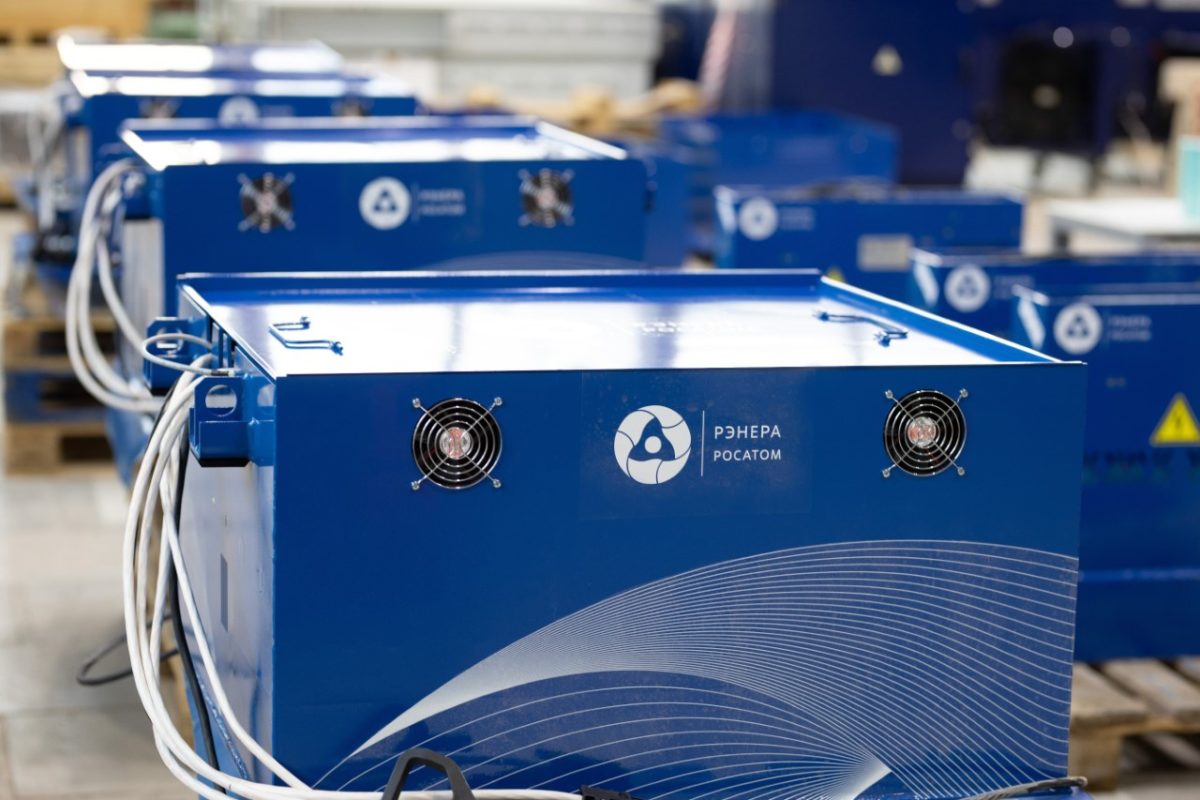Russian state-owned Rosatom State Nuclear Energy (Rosatom) has announced it will build its 3 GWh lithium-ion battery manufacturing facility in Kaliningrad, in Russia's province of the same name, sandwiched between Poland and Lithuania along the Baltic coast.
Originally planned to have a capacity of 2 GWh, the factory is expected to begin manufacturing activities in 2026 and to produce lithium-ion batteries based on a technology developed by South Korean manufacturer, Enertech International of which Rosatom acquired a 49% stake in March.
“The signals we receive from the Russian market indicate that the production volumes we planned a year ago may be insufficient. To fulfill the current plans for electric transport development, we are considering a possible growth of the plant's production capacity up to 12 GWh,” said Emin Askerov, the general director of Rosatom's unit Renera, which will own and operate the factory.
“The plant’s production is supposed to be consumed mainly by domestic car manufacturers, therefore the enterprise will make a significant contribution to implementation of the state policy of import substitution,” said Natalia Nikipelova, president of TVEL Fuel Company (TVEL), which Rosatom set up in October to enter the energy storage business.
Popular content
TVEL already produces module-type lithium-ion traction batteries for electric vehicles, as well as energy storage systems for emergency power supplies, renewable energy resources, and the smoothing of load demand.
The Russian state-owned conglomerate's nuclear power plants currently cover around 20% of Russia's total electricity demand.
This content is protected by copyright and may not be reused. If you want to cooperate with us and would like to reuse some of our content, please contact: editors@pv-magazine.com.



By submitting this form you agree to pv magazine using your data for the purposes of publishing your comment.
Your personal data will only be disclosed or otherwise transmitted to third parties for the purposes of spam filtering or if this is necessary for technical maintenance of the website. Any other transfer to third parties will not take place unless this is justified on the basis of applicable data protection regulations or if pv magazine is legally obliged to do so.
You may revoke this consent at any time with effect for the future, in which case your personal data will be deleted immediately. Otherwise, your data will be deleted if pv magazine has processed your request or the purpose of data storage is fulfilled.
Further information on data privacy can be found in our Data Protection Policy.